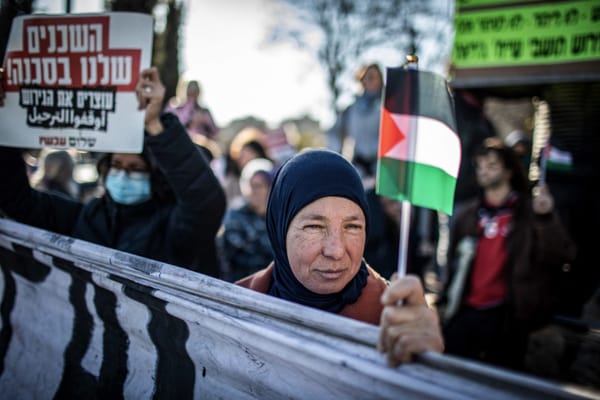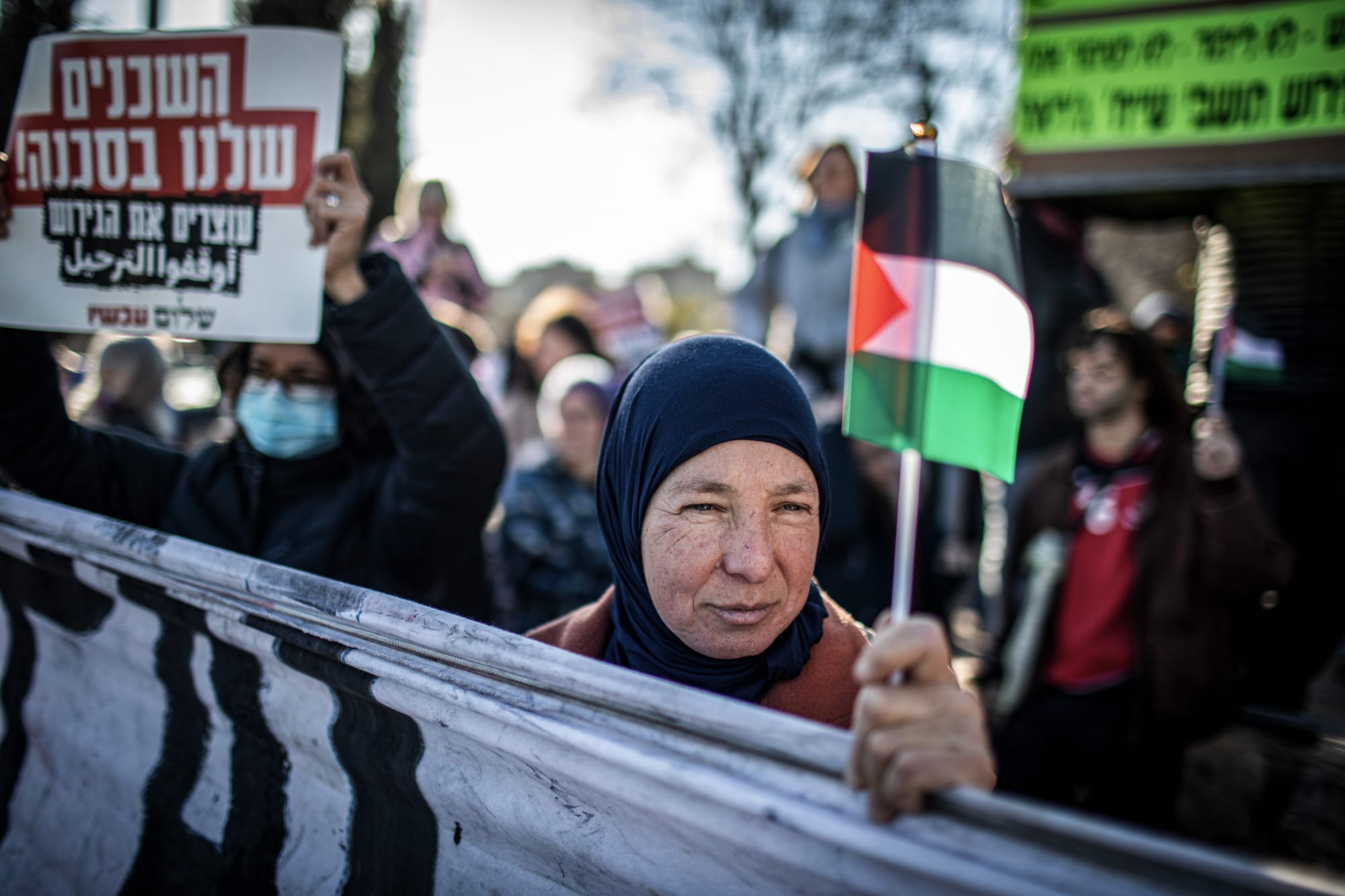The Question of Palestinian Statehood and the Future of Decolonization
Is statehood the desired end goal of decolonization struggles or is it instead a useful tool along the way to achieving national liberation? The answer to this question has been at the heart of many national liberation movements since the twentieth century. Most struggles for decolonization have pur











